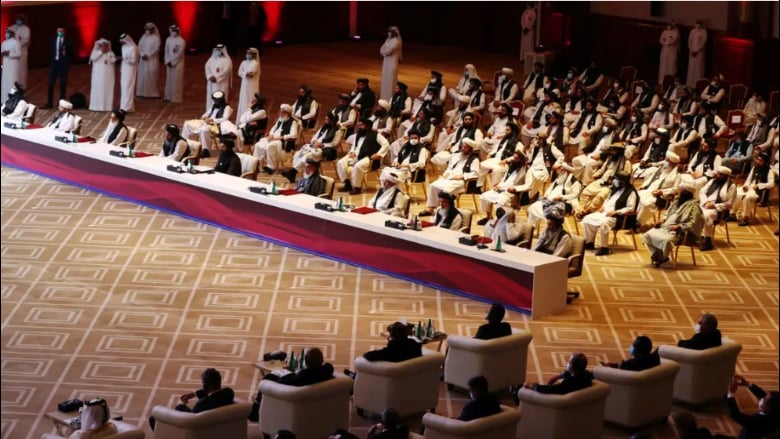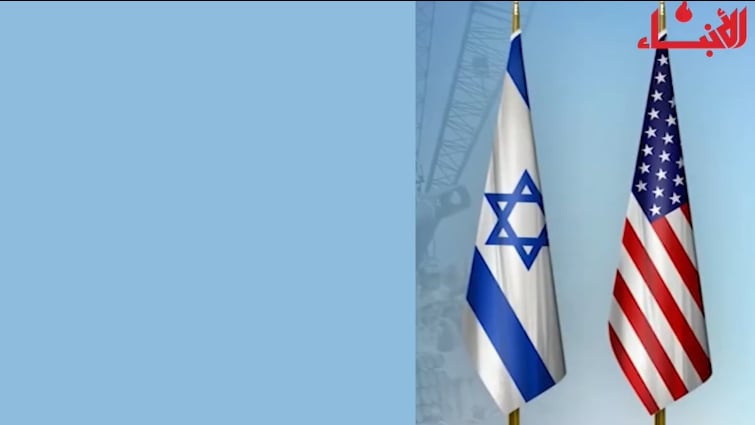Iran is at a crossroads. It has hard political decisions to make, with each leaving marks on the regime itself, and the future of the region. If Iran has partially succeeded in extending its arms through its proxies to several Arab countries, there is a different front on the horizon to worry about: Afghanistan.
With the US military withdrawal approaching and the Taliban being the most prominent power to fill the vacuum, Tehran badly needs to draft a peace treaty. If it does not, its power in the Middle East will gradually wither away.
Besides the working difficulties that Iran will face in its attempt to control its 920 kilometer border with Afghanistan, it will have been the first to worry about the US-Taliban agreement reached in Doha back in February 2020. The treaty aimed to push the Taliban to cut its ties with Al-Qaida, reach a political settlement with the incumbent Afghan government and reduce violence in the country in return for the American military withdrawal scheduled for May 2021.
Tehran’s relations with the Taliban have continued for years but they went public only recently. Despite its attempts to cover up those contacts in the framework of reaching out to all the stakeholders in Afghanistan; it was clear that Iran was aiming at neutralizing Taliban in its multi-faceted regional problems. The equation is straightforward and clear: if it fails to do that, it will not keep its influence and continue to support its militant arms.
If the Biden administration succeeds in regaining Iranian commitment to the 2015 Joint Comprehensive Plan of Action (JCPOA) without amendment, it can set aside the nuclear threat for years ahead.
Some might look at the lifting of sanctions as leeway for Tehran to regain more resources to exploit and further empower and arm its regional proxies. But, the danger imposed by an open Iranian-Afghan border will need enormous funds to protect from a Taliban building its strength.
Is it in the best interest of Iran and the US to withdraw from Afghanistan? The Iranians supported the US invasion of Kabul back in 2001. It had almost waged war against the Taliban in 1998 in retaliation to the killing of nine diplomats in the Iranian consulate in Mazar-i-Sharif when Taliban militants raided it.
Tehran also expelled Gulbuddin Hekmatyar because of his hostility to the United States.
When Iranian political pragmatism prevails, the great Satan (a term regularly used in Iranian rhetoric against Washington) is not quite Satan after all.
This back-and-forth relationship between Iran and the Taliban has come at a crucial moment. Despite the Biden administration reviewing the Doha accord of 2020, is still possesses the strongest playing cards in Afghanistan, with troops deployed, a pro-American government, and sanctions not lifted, yet. Iran does not have the same leverage.
A vision for the Afghanistan War prevails in Washington, based on the notion that a US troop presence in that country isn’t endless. Employing it to support a peaceful settlement that regains stability in the war-torn country is the priority.
However, this does not mean that the withdrawal should drag the country into endless civil strife, or that it cannot be used as a negotiating card, capable of reshuffling the regional situation.





